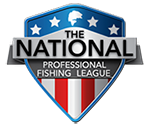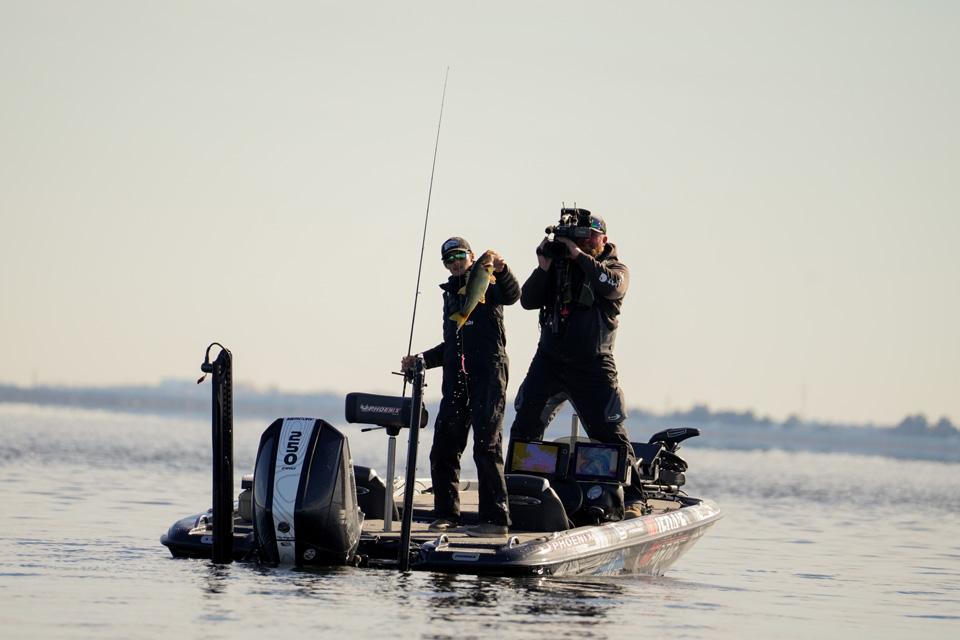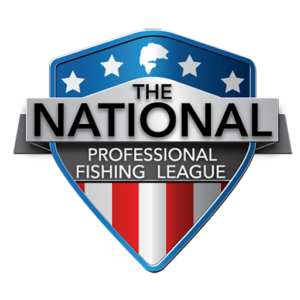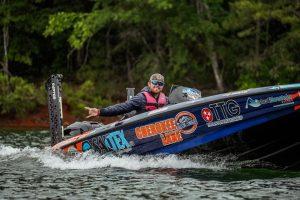Story by Ken Duke | Photos by Tanner & Travis Lyons
I have a great admiration for people who can summarize great thoughts in just a few words. I collect those quotes and often type them up, print them out and stick them on filing cabinets, bookcases or the walls of my office.
Steve Jobs — one of the founders of Apple — once said, “A lot of times people don’t know what they want until you show it to them.” He said it before Apple came out with the iPhone, but you can bet that attitude was part of the thinking that went into the first “smartphone.” Before that, who could have told you that he or she wanted a phone that was also a camera and a personal digital assistant?
Certainly not me.
Long before Jobs was born, Henry Ford — one of the first auto makers — was onto the same idea when he said, “If I had asked people what they wanted, they would have said faster horses.”
Whether you’re talking about phones or cars, fishing tackle or tournaments, trying to figure out what people want is a challenge and often the difference between success and failure in business or even life. I will not claim to have all or most or even many of the answers, but I can tell you with absolute certainty that the best way to finding the right answer is asking the right question.
Imagine a man walking into a hardware store. He’s greeted by a clerk who asks, “How can I help you?”
The customer says, “I want to buy a shovel,” so the clerk ushers him to the garden section and shows the customer the shovels they have in stock. The customer picks one, pays for it and is out the door in under five minutes.
Mission accomplished it seems. The man came into the store to buy a shovel, he bought a shovel, and the store made a profit. It doesn’t get better than that, right?
I think that scenario may have missed some opportunities. I think the entire exchange missed the right questions and the right thought process.
If you think about it, no matter what the man said about wanting to buy a shovel, there’s a chance he was wrong. I’m betting that what he really wanted was a hole. The shovel was just a means to an end … and quite possibly not the best means. A shiny new shovel looks great and can be a wonderful tool, but it might be the wrong tool.
Maybe he needed a small hole, and a trowel would be the best tool for the job.
Maybe he needed a big hole that would require a backhoe.
Instead of asking how he could help the customer, the clerk could have asked more questions about what he hoped to accomplish—the desired end rather than the means.
This is how I sometimes think of the forward-facing sonar controversy that has been at the center of so much debate in professional bass fishing over the past couple of years.
The customers—me, you, and hundreds of thousands of other fans—have been asked “How can we help you?” by the leagues. For many of us, the answer has been “I want you to regulate this new technology.”
It’s a reasonable answer, and the three principal leagues have done that to varying degrees in the past few months. But the question they should be asking is always the same: “How can we improve your fan experience?”
My answer would be “I want you to share a greater range of our sport. I want to see a range of techniques being used because I know there is always more than one way to catch bass. I want to learn, and I can learn more when a variety of methods are on display. My experience as a fan is diminished when technology dictates certain methods to the exclusion of all else.”
That’s a lengthy and pretty detailed answer, but it covers the bases for me. I’m excited about the NPFL’s prohibition of forward-facing sonar for 2025 not because I hate technology—I certainly do not—but because I want the best possible fan and learning experience.
What about you?





